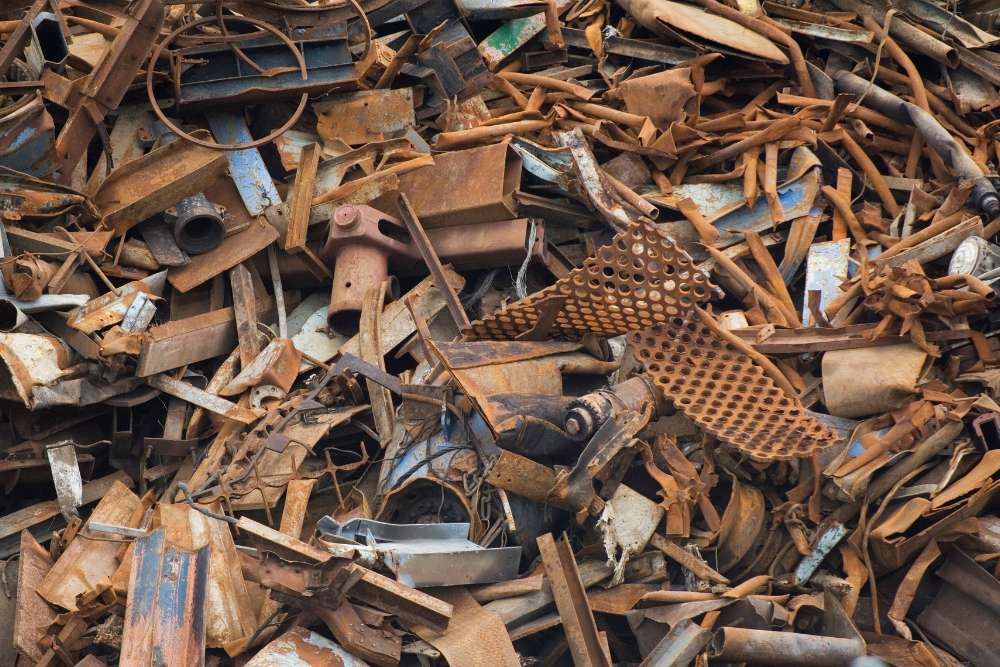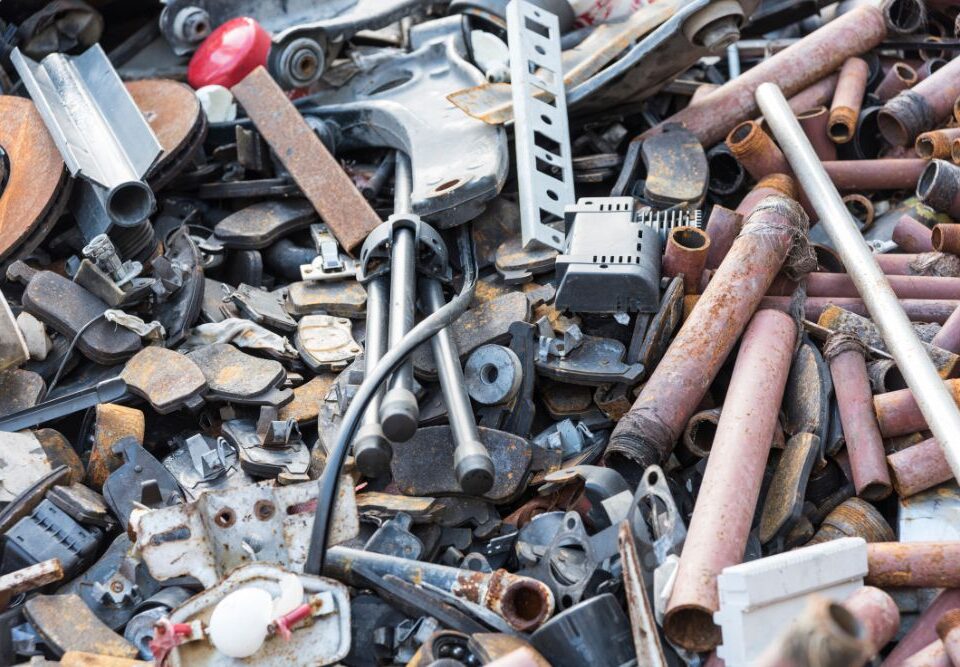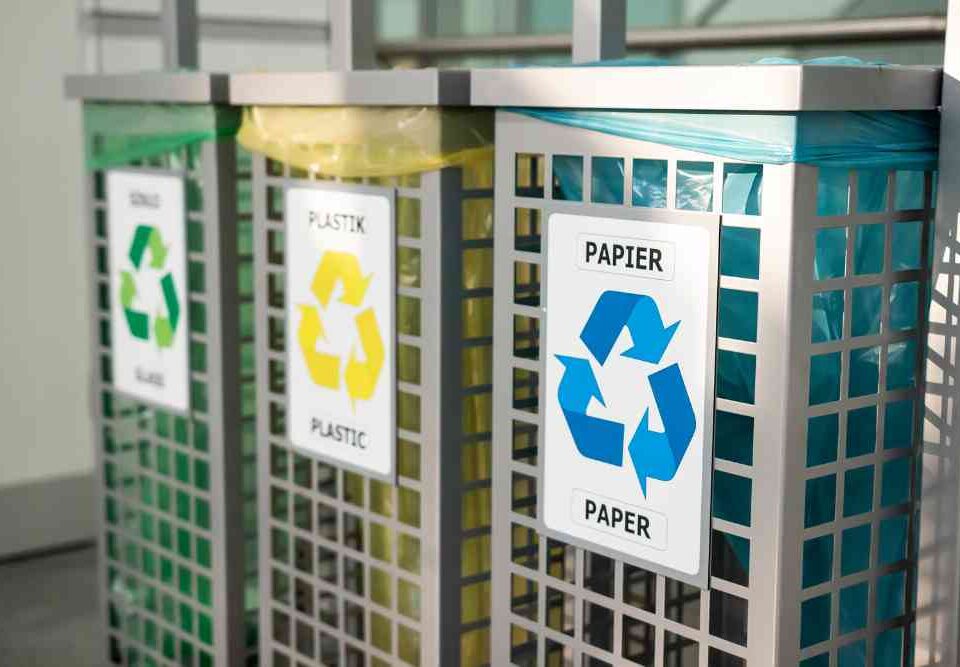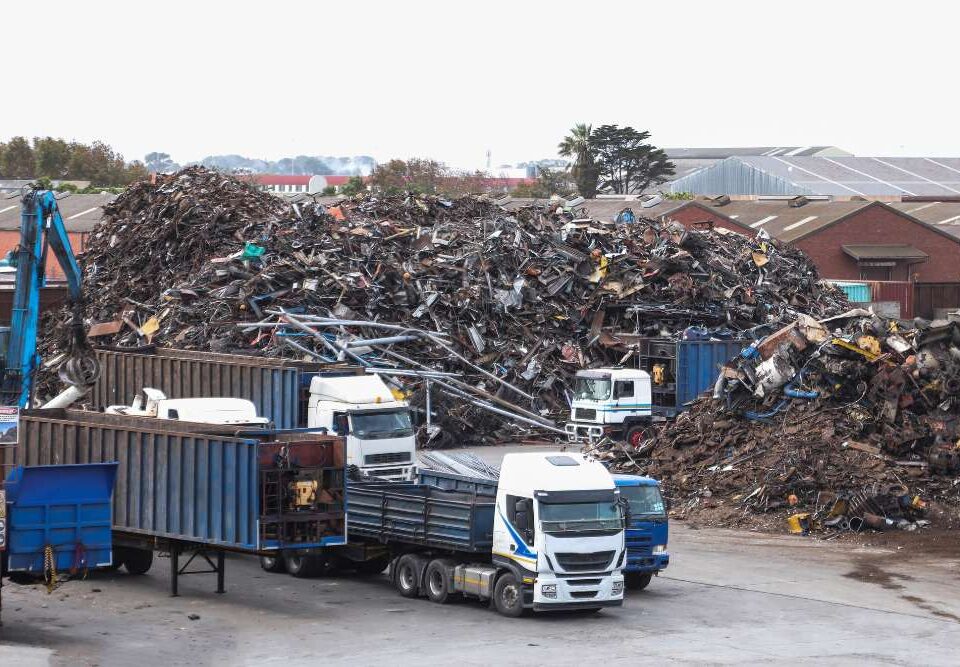
Why Proper E-Waste Disposal Is Crucial for Our Health
September 18, 2025
How to Use Junk Removal Services for Efficient Recycling
September 18, 2025Why Scrap Metal Recycling Is an Essential Part of Sustainable Practices
Scrap metal often goes unnoticed in conversations about sustainability, yet it plays a central role in shaping greener futures. Every discarded appliance, vehicle part, or piece of industrial equipment carries metals that can be given a second life through recycling. Instead of letting these materials waste away in landfills, scrap metal recycling transforms them into valuable resources, reducing demand for new mining and preserving energy. The process supports cleaner communities and drives industries toward more responsible production. By embracing scrap metal recycling, individuals and businesses contribute to practices that extend the life of materials and protect the planet for generations.
The connection between scrap metal recycling and sustainability
Scrap metal recycling aligns seamlessly with sustainable practices because it reduces the need to extract new raw materials. Mining is resource-intensive and often harmful to the environment, but recycling metals like aluminum, steel, and copper helps cut back on the demand for these activities. By reintroducing recovered metals into the production cycle, fewer natural habitats are disturbed, and valuable resources remain preserved for the future.
This cycle demonstrates the circular economy in action. Instead of discarding metals after their initial use, recycling ensures they remain valuable and functional indefinitely. Each ton of recycled steel, for example, prevents countless emissions and conserves immense amounts of energy compared to producing new steel from ore. Scrap metal recycling does not just keep waste out of landfills; it creates a system where sustainability is built into every stage of the material’s lifecycle, reinforcing the importance of long-term ecological responsibility.
How scrap metal recycling conserves energy
One of the most overlooked benefits of recycling scrap metal is its ability to save significant amounts of energy. Producing aluminum from raw bauxite, for instance, requires enormous energy input, but recycling aluminum consumes up to 95 percent less energy. Similar savings are seen across other metals such as copper and steel, which can be endlessly recycled without losing quality. This energy conservation reduces greenhouse gas emissions and supports climate goals.
For industries, this translates to both environmental and financial savings. Companies that rely on recycled metals cut production costs and reduce their overall energy footprint. Communities benefit as well because decreased energy use often leads to cleaner air and a healthier environment. When junk removal services prioritize recycling, the energy saved creates ripple effects across local and global scales. Scrap metal recycling therefore stands as one of the most practical ways to reduce energy consumption in modern economies.
The role of junk removal services in scrap metal recycling
While recycling is vital, many households and businesses lack the means or knowledge to handle scrap metal responsibly. This is where junk removal services bridge the gap. Professional teams identify recyclable metals during cleanouts, sort them, and ensure they reach appropriate recycling facilities. Without this step, valuable resources might simply be discarded in landfills.
By integrating recycling into their services, junk removal companies make eco-friendly practices accessible to everyone. Clients do not have to worry about sorting or transporting heavy and bulky items. Instead, trained professionals take care of the process while prioritizing sustainability. This support allows communities to recycle more efficiently and with less effort. The convenience of professional junk removal also encourages more people to participate in recycling initiatives. With these services, scrap metal recycling becomes less of a burden and more of a natural extension of responsible waste management.
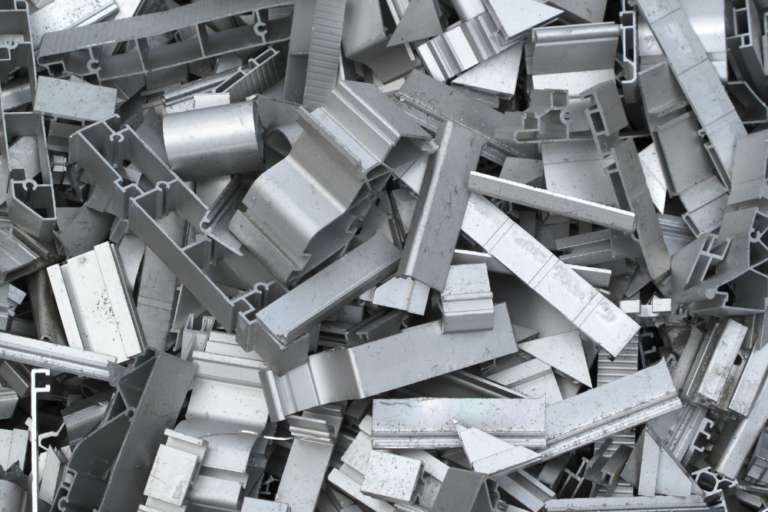
Preventing landfill overflow through scrap metal recovery
Landfills are overwhelmed with waste, and metals take up significant space while offering no benefit once buried. Scrap metal recycling helps reduce landfill overflow by diverting these materials toward productive reuse. Unlike plastics or paper, metals do not degrade easily, meaning they can occupy landfills for centuries without breaking down. By recycling, communities free up landfill space for items that cannot be repurposed.
Preventing landfill overflow also mitigates environmental risks. Metals left in landfills can corrode and leach into soil or groundwater, creating long-term contamination problems. Recycling eliminates these risks while ensuring that metals remain part of the economy instead of polluting ecosystems. Junk removal services play a central role by ensuring scrap metals are identified and collected before reaching disposal sites. Every ton recycled represents less landfill waste and a safer environment. This makes scrap metal recycling not just efficient but essential for sustainable communities.
Scrap metal recycling and its economic advantages
Beyond environmental benefits, scrap metal recycling generates substantial economic value. Recycled metals provide raw materials for industries at lower costs compared to new production. This affordability supports manufacturing and construction, keeping production cycles active and cost-effective. Local economies also benefit through job creation in recycling facilities, transportation, and processing plants.
Communities that embrace recycling see long-term economic growth because resources remain in circulation instead of wasted. For households and businesses, scrap metal recycling can even offer financial incentives, as some facilities pay for certain metals. Junk removal services make this opportunity more accessible by efficiently collecting and delivering scrap metal for processing. The result is a system that balances ecological care with economic reward. Scrap metal recycling is proof that sustainability and prosperity are not mutually exclusive but can work together to build thriving, resilient communities that invest in the future.
Protecting natural ecosystems with scrap metal recycling
Mining is one of the most damaging practices to natural ecosystems, often leading to deforestation, water contamination, and habitat destruction. Scrap metal recycling significantly reduces the need for mining by supplying industries with secondary raw materials. Every pound of recycled copper or steel represents less pressure on fragile ecosystems that would otherwise be disturbed to extract new resources.
This reduction in mining activity protects biodiversity and helps maintain the balance of ecosystems. Rivers remain cleaner, forests remain intact, and wildlife habitats remain undisturbed. By diverting scrap metals into recycling streams, junk removal services help individuals and businesses make a direct contribution to conservation efforts. It is not only about reusing materials but also about preserving the natural environments we rely on.
Encouraging community participation in metal recycling
Recycling efforts thrive when communities participate, and scrap metal recycling is no exception. Junk removal services help foster this participation by making recycling accessible to households that might otherwise struggle to handle bulky or heavy items. When residents see how easy it is to recycle metals, they become more engaged in broader sustainability practices.
Community-wide participation magnifies the impact of recycling. A single household recycling old appliances may not seem significant, but when multiplied across neighborhoods, the amount of recovered metal becomes substantial. These collective actions reduce landfill waste, conserve energy, and strengthen local recycling programs. Junk removal professionals act as catalysts by connecting residents with the larger recycling infrastructure. Over time, participation creates cultural shifts where recycling becomes an ingrained habit rather than an occasional choice.
How recycled metals support industrial innovation
Recycled metals are not just reused—they often fuel innovation across industries. Steel, aluminum, and copper recovered from scrap can be transformed into new products ranging from vehicles to infrastructure. The consistent supply of recycled metals helps industries experiment with cost-effective and energy-efficient production techniques. Recycling allows for innovation without the environmental burden of raw material extraction.
Junk removal services contribute to this cycle by ensuring that valuable metals reach industries in usable forms. When businesses and individuals recycle through these services, they indirectly support technological advancements. From renewable energy projects to sustainable construction, recycled metals play a role in shaping future industries. Scrap metal recycling thus extends beyond waste management; it provides the building blocks for innovation.
The endless lifecycle of recycled metals
Unlike many materials that degrade over time, metals can be recycled indefinitely without losing their core properties. Steel, aluminum, and copper maintain their strength, durability, and conductivity even after countless recycling cycles. This endless lifecycle makes scrap metal recycling one of the most sustainable practices available. Junk removal services ensure these materials re-enter production cycles instead of being lost in landfills.
This concept of endless reuse illustrates the power of the circular economy. A soda can recycled today could be reborn as part of a car or a building tomorrow. Each cycle reduces waste and minimizes environmental impact while keeping valuable materials in circulation. By recycling metals, communities reinforce a system where nothing is truly wasted.
Scrap metal recycling as a cornerstone of sustainable living
Sustainable living requires consistent choices that reduce waste and conserve resources, and scrap metal recycling is a cornerstone of this effort. From households disposing of old appliances to businesses clearing out equipment, recycling metals ensures that sustainability is not just a concept but an active practice. Every recycled item reinforces the values of responsibility and care for the environment.
Junk removal services amplify this practice by simplifying the recycling process. They transform potentially overwhelming tasks into manageable actions, ensuring metals reach the right facilities. Over time, these actions contribute to a culture of sustainability that benefits future generations. Scrap metal recycling proves that sustainability does not have to be complicated.
Conclusion
Scrap metal recycling represents one of the most effective ways to align everyday waste management with sustainable practices. By conserving energy, reducing landfill waste, and minimizing the need for mining, recycling metals contributes directly to cleaner communities and healthier ecosystems. The economic benefits, from job creation to industrial innovation, further demonstrate its importance in building resilient local economies. For individuals and businesses in Santa Rosa, CA, North Bay Junk Removal provides professional junk removal services that prioritize recycling as a core value. Their team ensures scrap metals are responsibly collected and delivered to recycling facilities, turning waste into opportunity. To schedule reliable service or learn more about eco-conscious disposal, contact North Bay Junk Removal at 707-478-6817. By choosing responsible junk removal today, residents and businesses alike strengthen their commitment to sustainability and ensure that scrap metal recycling continues to play its vital role in protecting the planet.

